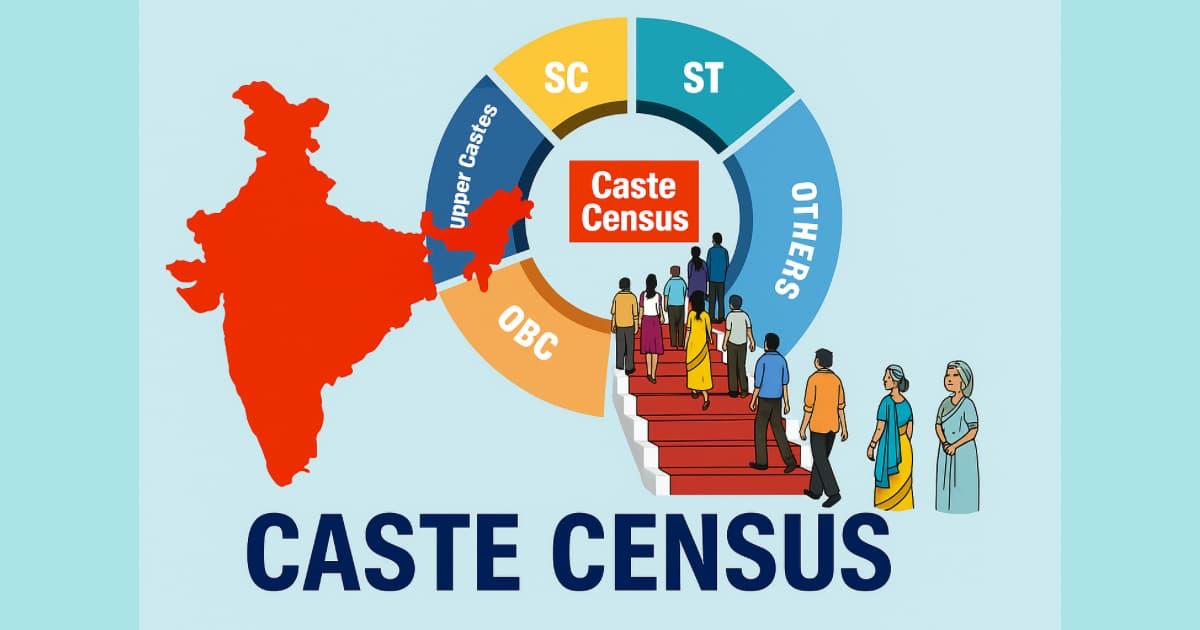
A Journey Through Chiang Mai: Temples, Traditions, and Tastes
Nestled in the lush mountains of northern Thailand, Chiang Mai is a city where ancient heritage and vibrant modernity intertwine. Once the capital of the Lanna Kingdom, this enchanting city offers visitors a captivating blend of cultural richness, historical marvels, and a culinary scene that delights at every turn.
Culture: The Living Legacy of Lanna
Chiang Mai’s cultural identity is deeply rooted in its Lanna heritage. Founded in 1296 by King Mangrai, the city was purposefully designed as the political, economic, and spiritual centre of his new kingdom. The Tai Yuan people, the majority population, shaped the city’s traditions, language, and arts, blending their Buddhist faith with indigenous beliefs in ancestral and nature spirits. This unique cultural tapestry is still evident today, from the Kham Mueang dialect spoken in local markets to the annual festivals that fill the city with colour and music.
The Old City, encircled by ancient walls and a moat, is a living museum. With 38 temples within one square mile, including the revered Wat Chedi Luang and Wat Chiang Man, spiritual life remains at the heart of Chiang Mai. The city’s traditions come alive during festivals such as Songkran (Thai New Year) and Yi Peng, when thousands of lanterns illuminate the night sky in a breathtaking display of communal celebration.
Tourist Attractions: Temples, Markets, and Mountain Retreats
Chiang Mai’s attractions are as diverse as its history. The city is home to over 300 temples, each with its own story. Wat Phra That Doi Suthep, perched atop a mountain, is perhaps the most iconic. Legend tells of a sacred relic carried by a white elephant, which chose the temple’s location before collapsing on the summit-a site now offering panoramic views of the city below.

Within the Old City, visitors can wander through narrow lanes lined with traditional wooden houses, art galleries, and bustling markets. The Sunday Walking Street Market is a must for those seeking local handicrafts and the vibrant energy of Chiang Mai’s social life. Beyond the city walls, ethical elephant sanctuaries provide opportunities to connect with Thailand’s gentle giants in a responsible manner, while the surrounding mountains invite exploration and reflection, from serene forest temples to tranquil nature trails.
Food: A Feast for the Senses
Chiang Mai’s culinary scene is a reflection of its cultural diversity and agricultural abundance. The city’s markets brim with fresh produce, aromatic spices, and an array of street food that tempts at every corner. Specialities such as khao soi-a creamy, curry noodle soup topped with crispy noodles-are local favourites, offering a taste of northern Thai cuisine’s bold yet balanced flavours.

Night bazaars and weekend markets are not just places to shop but to eat, with stalls serving everything from grilled meats and spicy sausages to sweet coconut desserts. The lively atmosphere, friendly vendors, and communal dining tables make every meal a social occasion, inviting visitors to savour the tastes and traditions of Chiang Mai alongside locals.
Awadh 360 Plus: Discovery and Delight
Chiang Mai is more than a destination; it is an experience shaped by centuries of history, a vibrant present, and a future that honours its roots. Whether you are drawn by its spiritual heritage, mesmerised by its bustling markets, or enticed by its culinary delights, Chiang Mai promises a journey rich in discovery and delight.
{Picture Credit: Nammali}
Popular Categories
Read More Articles
Travel and Tourism
Tracing the Buddha’s Final Journey: A Soulful Weekend Escape to Kushinaga by Awadh 360° Desk May 15, 2025India
Pahalgam terror strike: India’s reply to Pakistan should be halal, not jhatka by Prateek Shukla May 7, 2025Politics
Caste Data In Next Census: A Step Towards Social Justice, Amid Troubling Times by Awadh 360° Desk April 30, 2025India
5 Ways Your City Lifestyle Is Aging Your Skin Faster—And How to Stop It by Awadh 360° Desk April 29, 2025



